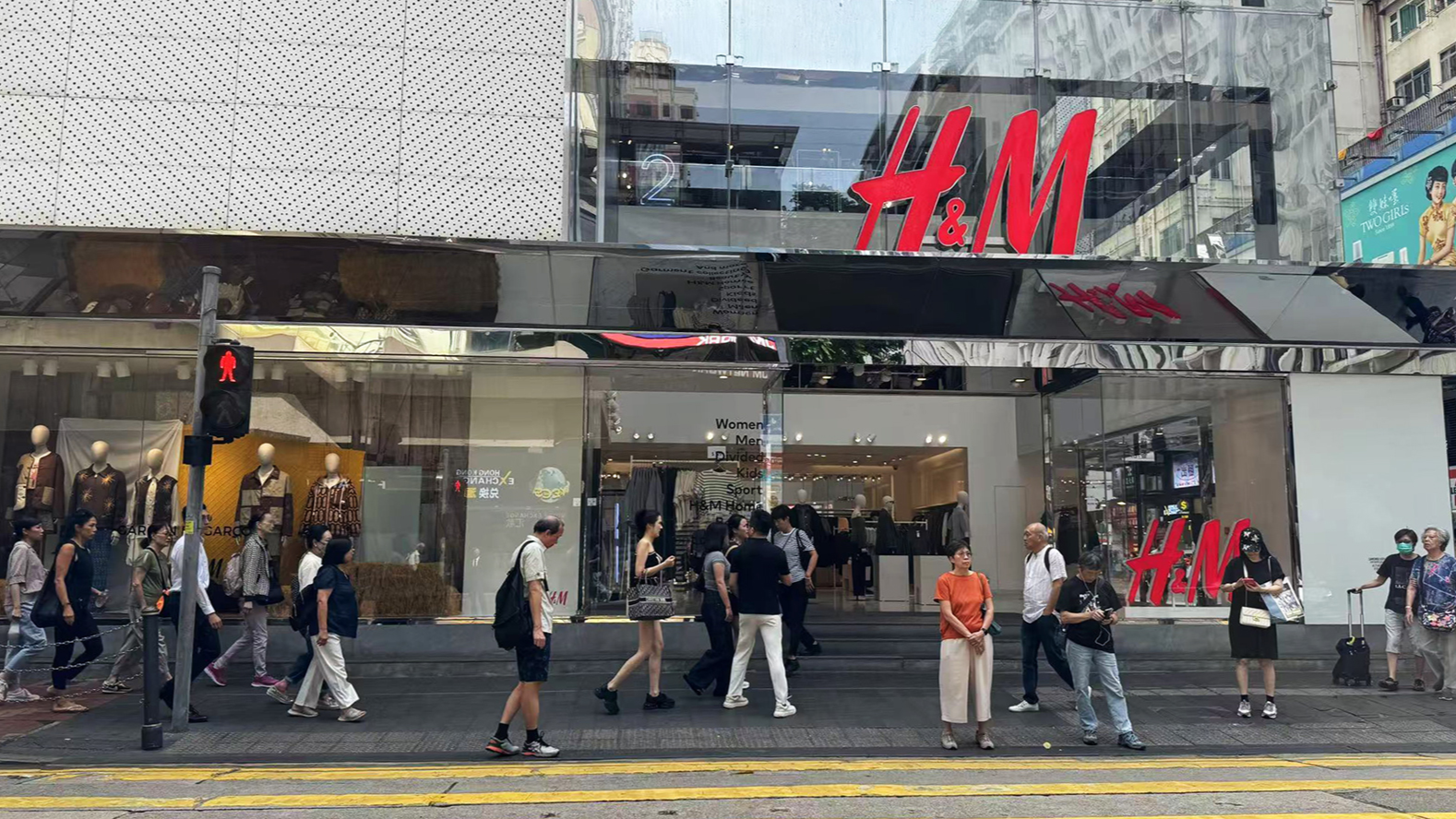
The Hong Kong Special Administrative Region government has maintained the city’s economic growth forecast for 2025, reporting a better-than-expected performance in the first quarter following the easing of international trade tensions.
On Friday, the SAR government announced that it expects the city’s economy will post 2-3 percent growth this year, in line with Financial Secretary Paul Chan Mo-po’s forecast in the 2025-26 Budget in February.
"The US-China tariff reduction improves our macroeconomic outlook, reflecting the direct effects of lower bilateral tariffs on the world's two largest economies, a reduction of policy uncertainty, more buoyant asset prices, and some reopening of previously frozen markets,” said Paul Gruenwald, global chief economist at S&P Global Ratings.
READ MORE: Hong Kong industry contributes 4.4% of city’s GDP
“As international trade tensions have eased somewhat recently, the headwinds and uncertainties in the external environment have lessened to some extent that may relieve part of the downward pressure on the global economic outlook,” the acting Government Economist Cecilia Lam Kwok-ying said in a press conference on Friday.
Moreover, the sustained steady growth of the Chinese mainland’s economy amid more proactive fiscal policies and the moderately accommodative monetary policies should bode well for the performance of merchandise exports in Asia including Hong Kong, the economist said.
But Lam cautioned that the uncertainties of the United States’ trade policies and its complicated monetary policy trajectory may affect global financial conditions and investment sentiment.
On Friday, the government released the revised figures for gross domestic product in the first quarter.
Real GDP expanded 3.1 percent year-on-year in the first quarter, up from the 2.5 percent year-on-year growth in the preceding quarter. On a seasonally adjusted quarter-to-quarter basis, real GDP grew 1.9 percent.
The economic growth acceleration in the first quarter was mainly attributed to the rebound of goods exports, as exporters — perturbed that the US might levy tariffs on Chinese imports again after the 90-day pause — hastened shipments.
Moreover, the growth of private sector investment also offset the negative impact of the slowdown in government spending and private consumption expenditure due to Hong Kong residents and tourists changing their spending patterns.
Gary Wan Ka-wai, principal economist and strategist at Dah Sing Financial Group, said his institution has temporarily increased its forecast for Hong Kong’s economic growth this year to 2.4 percent, and will continue to monitor the development of global trade policies in the coming months closely before considering whether to adjust its forecast.
The economist added that if the mainland's stimulus measures can effectively boost domestic demand, it may help support the performance of Hong Kong's external trade sector.
But Wan said he is worried that Hong Kong’s economic growth outlook may be clouded by the uncertainty of the local property market as the pace of US interest rate cuts is unclear, and the local consumer market is constrained by the tourism industry.
READ MORE: Hong Kong govt revises 2024 GDP forecast to 2.5%
“We believe more policies are needed to support growth, and fiscal policy may need to be stepped up to offer cyclical growth support and promote structural growth potential. Easing bottlenecks and improving efficiency on the supply side of the economy could present opportunities,” argued William Deng, senior Asia and China economist at UBS Investment Bank.
Cindy Keung, an economist at Singapore-based OCBC Bank, said she expects the SAR will allocate more resources for attracting firms and enterprises to drive long-term growth.
Hong Kong’s economy grew 2.5 percent last year — the lower end of the government’s estimate of 2.5 percent to 3.5 percent.


